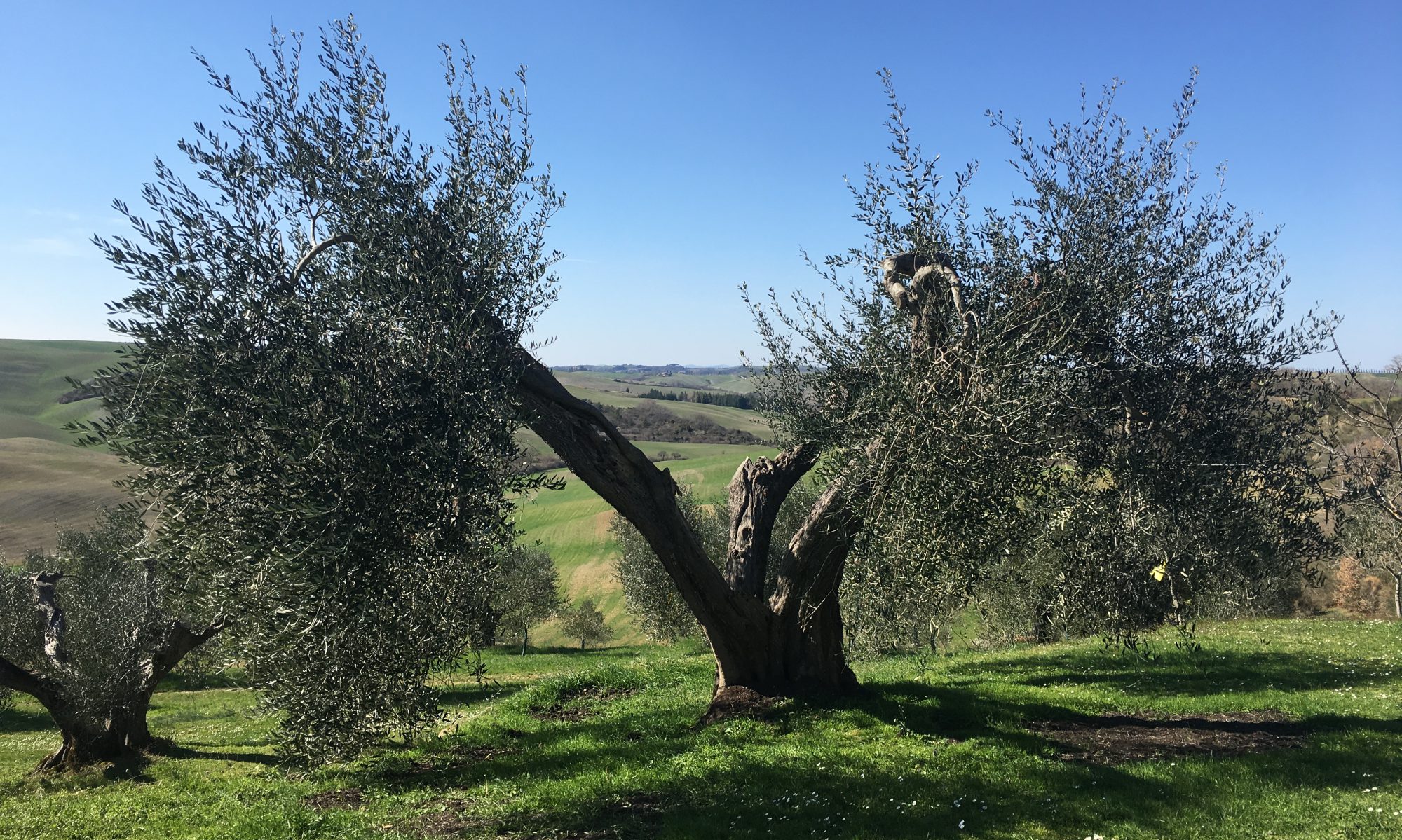I recently did some study on critical thinking. One of the core principles is what I would call the art of the question. That is, spend more time asking questions and less time trying to explain yourself. While I agreed that understanding one another is good, I was bothered because the ephasis on questioning felt very pluralistic…like to be a critical thinker, you had to accept others views as being equal to your own. I now understand that rejecting intense questioning simply because others use it in a pluralistic manner would be throwing the baby out with the bath water. What I have discovered is that questioning is the only way we can learn about people…surprise! The culture today needs us to learn about them in order to relate to them. It’s amazing how hostile people become conversant if you just start asking questions rather than preaching dogma and defending yourself.
Those of you following this blog know that I believe the power to change a person’s heart resides in the gospel alone. But, with some people, you simply have to earn the right to be heard. We do that primarily by asking questions and genuinely trying to understand where they are coming from. Once you know where they are coming from, then you can share the gospel in a way that they can understand and relate to. This applies to all people…no matter where they are in their walk…no matter if they are world, fringe, or core. If you want to help them move toward the middle, you have to be prepared to ask questions and be opportunistic with your teaching rather than dogmatic.
You also have to ask questions to know whether your time is better invested in this person or if it would be better to move on, which brings me to my final point. When you change your attitude away from dogma (here is the truth, take it or leave it) and move toward questioning (once I understand where you are coming from, I’ll communicate the true and full gospel in a way that you can understand), people will surprise you. Hostile people will calm down. Intellectuals will become emotional. Facades melt away. Issues are uncovered; hearts are softened. Defensive people will begin to listen to what you have to say. You will have earned the right to be heard.
I’ll add one more thing here…as an aside, but very important. To be successful in this, you must have thick skin. You must have already placed your reputation on the alter as a living sacrifice. If you take on a challenging relationship, you may be called out to your face or in public. Are you strong enough to control your response? Are you strong enough to resist the tempation to defend yourself, to strike back, to control your emotions and allow God to deal with how others perceive you, to focus on your objective which is to a) determine whether or not this person is being prepared by the Spirit to receive the gospel; b) share it in a way that they can understand it; c) be obedient to all of God’s commands, for the right reasons, throughout the process.
So, here is my encouragement, in three parts:
First, you simply must know your Bible and be working on your own transformation. Anyone can be dogmatic; it requires a different kind of Christian to engage people where they are.
Second, ask questions before making assertions. Know where people are coming from before assuming you know what they need to hear. This is how you get past the natural defensiveness of a lost person in today’s culture.
Third, don’t become distracted from your ultimate purpose of sharing God’s gospel and His Truth. As you question, the conversation may tend toward distracting topics…it’s ok to weave, but don’t forget where you are trying to head. Look for opportunities to share God’s truth related to areas of confusion, difficulty, struggle that people have.



